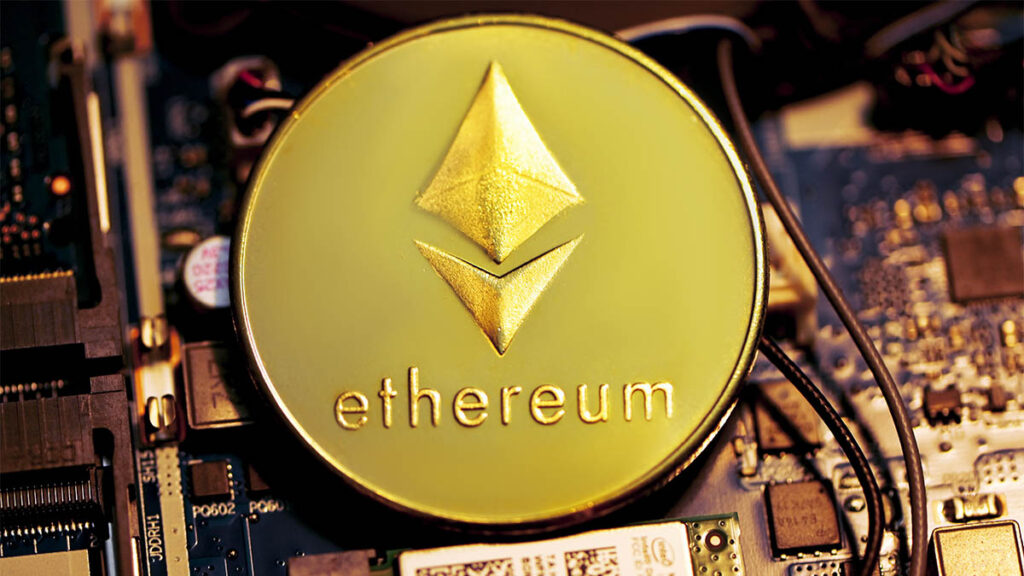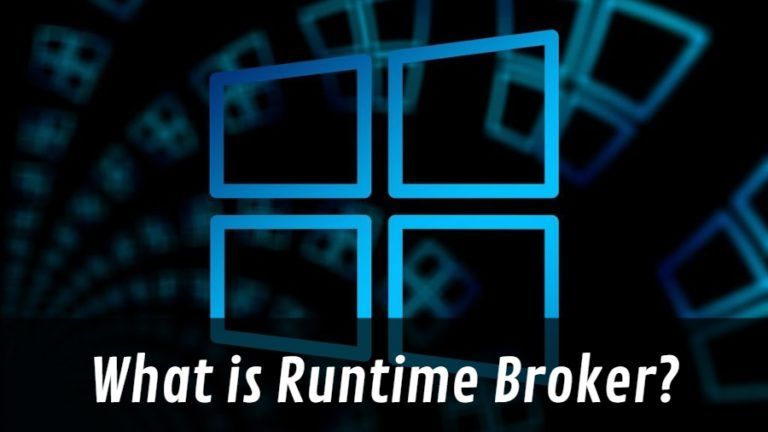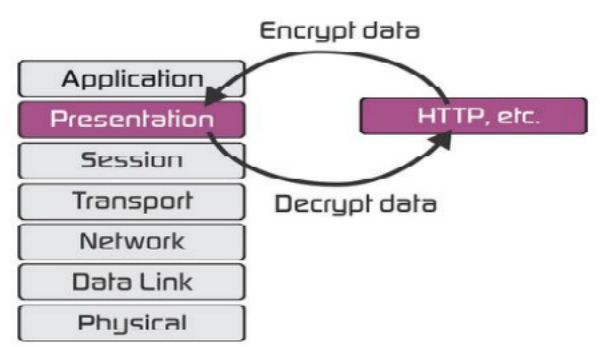What Is Ethereum?

Ethereum is a decentralized blockchain platform with cryptocurrency with the name of Ether (ETH) or Ethereum. Likewise, it is a blockchain platform that establishes a peer-to-peer network that securely executes and verifies application code.
Ethereum is a decentralized public ledger for verifying and recording transactions as a blockchain platform. Users on the network can create, publish, monetize, and use applications on the platform. Users usually call these decentralized applications “dApps.”
The basics

Ethereum is the second most popular cryptocurrency, after Bitcoin. However, it is intended to be much more than simply a medium of exchange or a store of value. Hence, Ethereum calls itself a decentralized computing network built on blockchain technology.
It works on a blockchain platform like Bitcoin and all other public cryptocurrencies. Blockchain is a decentralized public ledger to verify and record transactions. Above all, Ethereum came into being to enable developers to build and publish smart contracts and distributed applications (dApps) that users can use without the risks of downtime, fraud, or third-party interference.
How Ethereum Works?

The idea behind the blockchain platform is to make it completely decentralized. This means that everyone has a copy of the public ledger, and anyone can view all the transactions ever made on the network. Moreover, decentralization means that it doesn’t have any government or institutional backing.
Ethereum calls itself “the world’s programmable blockchain,” distinguishing itself from Bitcoin. That is to say; it’s a programmable network that serves as a marketplace for financial services, apps, or games that users can pay for using the Ether (ETH) cryptocurrency.
Transaction records on the network are immutable, verifiable, and securely distributed across the web. A user must sign transactions (usually done by dApps or exchanges) and spend Ether (ETH) at the cost of processing transactions.
Furthermore, the unique factor of the blockchain platform is that users can build applications that “run” on the network, just like software “runs” on a computer. Likewise, these applications can store data and perform complex transactions, unlike Bitcoin and other cryptocurrencies.






